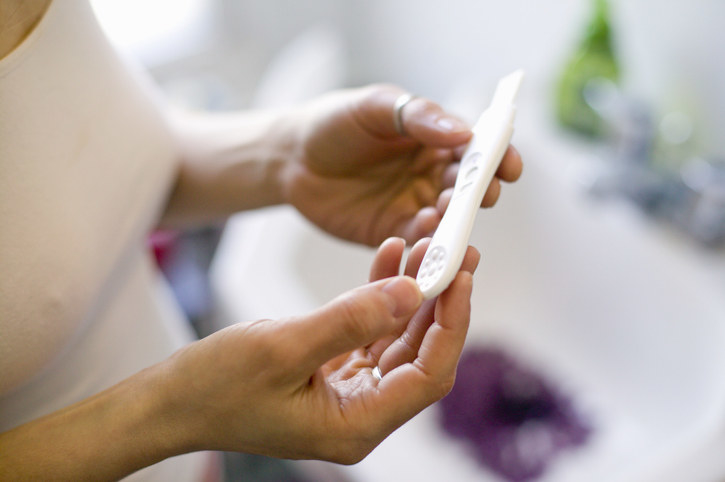If you've been on TikTok recently, you may have come across quite a few people sharing their stories about how they got pregnant after taking Plan B (also known as the morning-after pill or emergency contraception (EC)).
There's a scary number of videos, especially when the sole purpose of Plan B is to help prevent pregnancy! 😱
So, we wanted to give you the best information possible — from an actual expert — about how the morning-after pill works, when it should be taken, and more*.
To learn everything we need to know, BuzzFeed spoke to labor and delivery nurse Vivian Nguyen, BSN, RN, WHNP-S.
First off, let's discuss how oral ECs work. Basically, they prevent ovulation from occurring, so an egg can't drop from the ovaries and become fertilized by sperm.
One kind is the levonorgestrel EC — which is what Plan B is. "Plan B is a single dose that contains 1.5 mg of levonorgestrel (LNG), a synthetic progestin hormone. It blocks the luteinizing hormone surge in the body that normally occurs before ovulation (the releasing of an egg from the ovary), thus inhibiting follicular development and egg release. If there is no egg released, there is no fertilization and pregnancy," she said.
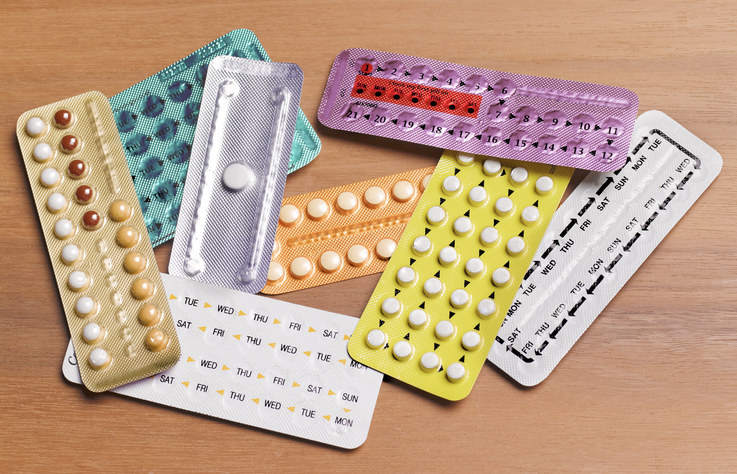
Another type of emergency contraceptive pill, called Ella, uses a single dose of 30 mg of ulipristal acetate (UPA) to stop or delay the release of an egg from the ovary. "It should be taken within five days of unprotected intercourse (UPI) to prevent ovulation. It is the only emergency contraceptive pill that requires a prescription," explained Vivian.
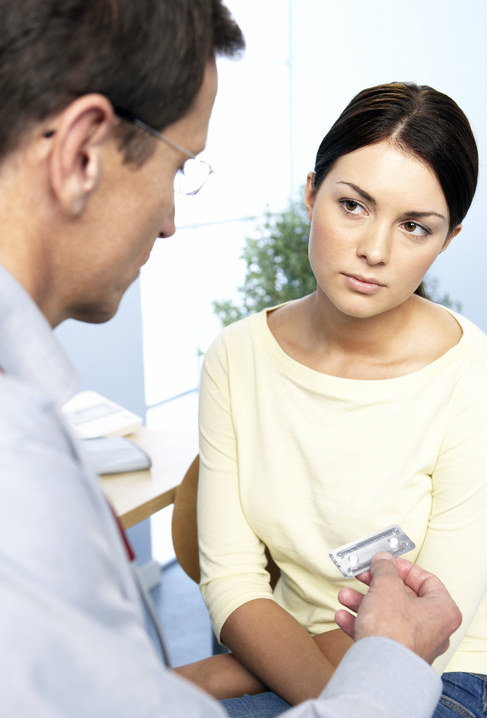
And, although the copper IUD is a long-term form of birth control, it CAN be used as a form of emergency contraception if placed by a healthcare provider within five days of unprotected sex. "The copper IUD works by preventing fertilization by impairing sperm function. The copper causes an unfavorable environment in the uterus that inhibits sperm motility and reduces sperm survival," Vivian said.
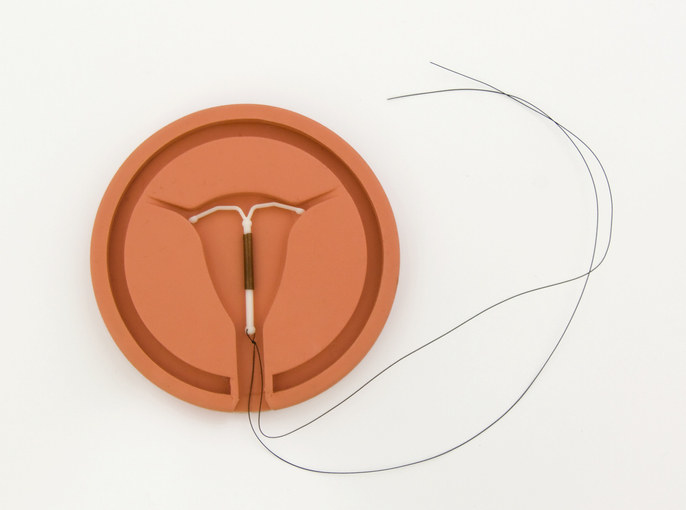
Vivian confirmed that Ella is more effective than Plan B when it comes to preventing pregnancy and that the copper IUD is actually the MOST effective if it is placed.

Levonorgestrel emergency contraceptive pills are available over the counter to people of any age. "There is no ID, prescription, or age requirement for purchase. It can be found in the family planning or feminine hygiene aisles at your local drugstore like CVS, Walgreen's, Target, and Walmart," she said, adding, "Until August 2013, a prescription was required for women under age 17 to purchase Plan B, but this restriction has been removed."

All emergency contraception should be administered within five days of unprotected intercourse, although they are MOST effective within three days. "If Plan B is taken within 24 hours of unprotected sex, it is 95% effective. If it is taken between 48 and 72 hours of unprotected sex, the efficacy rate is 61%. Therefore, it is best taken within 24 hours of unprotected intercourse."

Unfortunately, the effectiveness of emergency contraception depends on multiple factors, including bodyweight. "The efficacy of emergency contraceptive pills may decrease with increased body weight for overweight (BMI > 25) and obese (BMI > 30) individuals," explained Vivian.
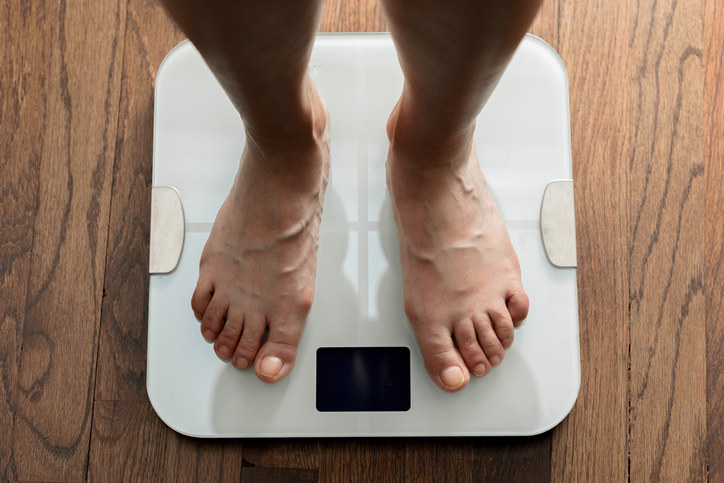
Another downside to EC is that if ovulation has already occurred, it will not prevent pregnancy. However, a person or provider is not likely to actually know which day ovulation occurs, so it is not a bad idea to take the pill just in case!
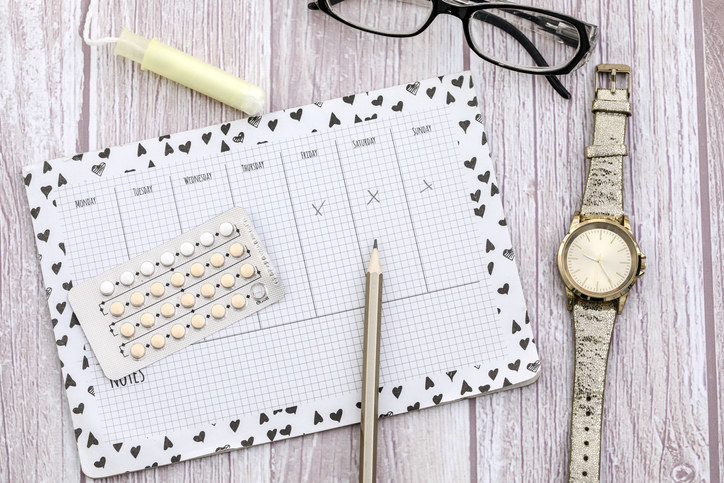
After you've taken an EC, how will you know if it has worked? Sadly, the only way to definitely know that it worked is to wait for your next period to arrive. If you do not start your period within the week you expect it, take a pregnancy test, and consult your healthcare provider.
